 We are preparing a lively debate on the motion: “Advising pregnant women to avoid drinking alcohol during pregnancy is symptom of the Nanny State and another step towards the medicalisation of childbirth”. The venue for this event is the Executive Business School on 89, Holdenhurst Road. Members of the public, staff and students are invited to come along on Tuesday 28th June 13.30-14.30!
We are preparing a lively debate on the motion: “Advising pregnant women to avoid drinking alcohol during pregnancy is symptom of the Nanny State and another step towards the medicalisation of childbirth”. The venue for this event is the Executive Business School on 89, Holdenhurst Road. Members of the public, staff and students are invited to come along on Tuesday 28th June 13.30-14.30!
The UK Government state there is no known safe level for drinking alcohol in pregnancy. Therefore, it recently changed the official recommendation to pregnant women avoid drinking any alcohol as a precaution. In doing so the UK follows countries like Canada, where a similar recommendation has been in place for over a decade. At the same time one can ask whether such approach undermines a woman’s right to make an informed choice regarding the health of her unborn child. Some would argue that is represents yet another step towards the medicalisation of childbirth.
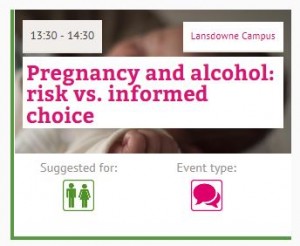
Faculty of Health & Social Sciences’ staff Liz Norton and Edwin van Teijlingen affiliated with the Centre for Midwifery, Maternal & Perinatal Health and will argue in favour of the motion. Donna Wixted, Joint Bournemouth University (BU)-Portsmouth Hospitals NHS Trust, doctoral student and Greta Westwood of Portsmouth Hospitals NHS Trust & the University of Southampton will argue against the motion.
The audience will be asked to vote for or against the motion, both before and after the debate, to see if the debate has helped anybody in making up their mind. Our debate will be chaired by Prof. Vanora Hundley from the Faculty of Health & Social Sciences. In previous Festival of Learning events she has been involved in various debates around childbirth, such as The media is responsible for creating fear in childbirth and the year before that on Caesarean Section on demand under the title Intervention in childbirth: What’s wrong with letting women choose?
The debate is part of BU’s annual Festival of Learning which this year for the first time has satellite events in China and Malaysia.
If you are interested to come along please book your free ticket here! The Executive Business School is easy to find on 89, Holdenhurst Road near Bournemouth Railway Station.
Donna Wixted, Liz Norton, Greta Westwood, Vanora Hundley & Edwin van Teijlingen
![]()
 This time in Nepal I noticed for the first time that ordinary people know about Bournemouth. Over the past seven years, since I started at Bournemouth University, I have struggled to explain to taxi drivers, people sitting next to me on public transport, etc. where Bournemouth is situated. This time for the first time I am getting nods and positive signs of recognition. This has little to do with Bournemouth University’s various health and media research collaborations in the country, but it is all to do with The Cherries!
This time in Nepal I noticed for the first time that ordinary people know about Bournemouth. Over the past seven years, since I started at Bournemouth University, I have struggled to explain to taxi drivers, people sitting next to me on public transport, etc. where Bournemouth is situated. This time for the first time I am getting nods and positive signs of recognition. This has little to do with Bournemouth University’s various health and media research collaborations in the country, but it is all to do with The Cherries!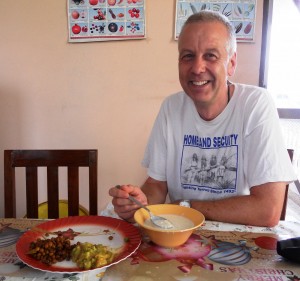
 Dr. Pramod Regmi in FHSS published his latest paper today in the South East Asia Journal of Public Health. The paper ‘Priority public health interventions and research agendas in post-earthquake Nepal’ is co-authored with researchers based in New Zealand, Nepal and the UK [1]. The authors reminds the readers that natural disasters cause huge damage to infrastructure, economies as well as population health. Nepal’s 2015 earthquake has multiple effects on population health and health services delivery. Many public health facilities, mostly health posts or sub-healthposts, were damaged or completely destroyed. Priority health services such as immunisation and antenatal care were also seriously affected.
Dr. Pramod Regmi in FHSS published his latest paper today in the South East Asia Journal of Public Health. The paper ‘Priority public health interventions and research agendas in post-earthquake Nepal’ is co-authored with researchers based in New Zealand, Nepal and the UK [1]. The authors reminds the readers that natural disasters cause huge damage to infrastructure, economies as well as population health. Nepal’s 2015 earthquake has multiple effects on population health and health services delivery. Many public health facilities, mostly health posts or sub-healthposts, were damaged or completely destroyed. Priority health services such as immunisation and antenatal care were also seriously affected.
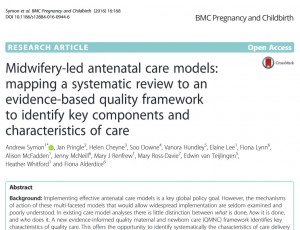


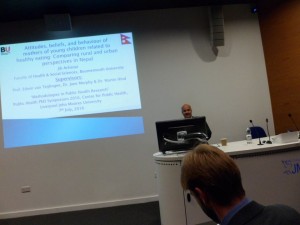
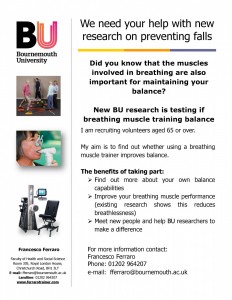

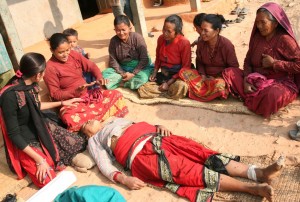
 Andrew Harding and Colin Pritchard have recently had a paper published in the
Andrew Harding and Colin Pritchard have recently had a paper published in the 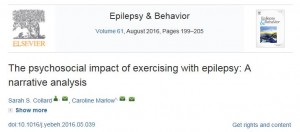
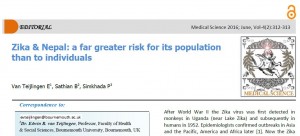
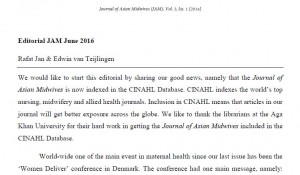
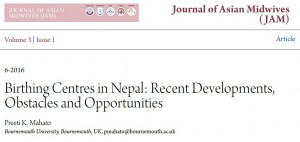
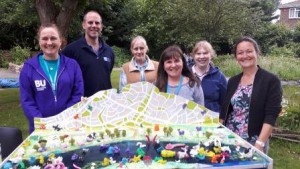
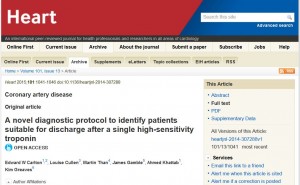
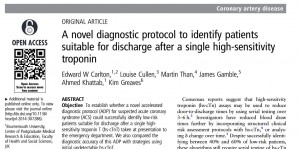

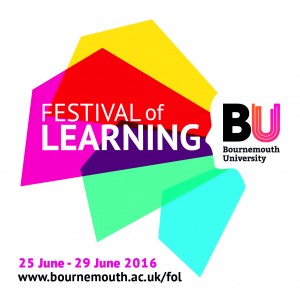


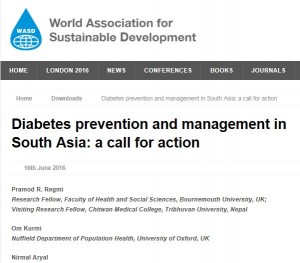











 Beyond Academia: Exploring Career Options for Early Career Researchers – Online Workshop
Beyond Academia: Exploring Career Options for Early Career Researchers – Online Workshop UKCGE Recognised Research Supervision Programme: Deadline Approaching
UKCGE Recognised Research Supervision Programme: Deadline Approaching SPROUT: From Sustainable Research to Sustainable Research Lives
SPROUT: From Sustainable Research to Sustainable Research Lives BRIAN upgrade and new look
BRIAN upgrade and new look Seeing the fruits of your labour in Bangladesh
Seeing the fruits of your labour in Bangladesh ECR Funding Open Call: Research Culture & Community Grant – Apply now
ECR Funding Open Call: Research Culture & Community Grant – Apply now ECR Funding Open Call: Research Culture & Community Grant – Application Deadline Friday 12 December
ECR Funding Open Call: Research Culture & Community Grant – Application Deadline Friday 12 December MSCA Postdoctoral Fellowships 2025 Call
MSCA Postdoctoral Fellowships 2025 Call ERC Advanced Grant 2025 Webinar
ERC Advanced Grant 2025 Webinar Update on UKRO services
Update on UKRO services European research project exploring use of ‘virtual twins’ to better manage metabolic associated fatty liver disease
European research project exploring use of ‘virtual twins’ to better manage metabolic associated fatty liver disease